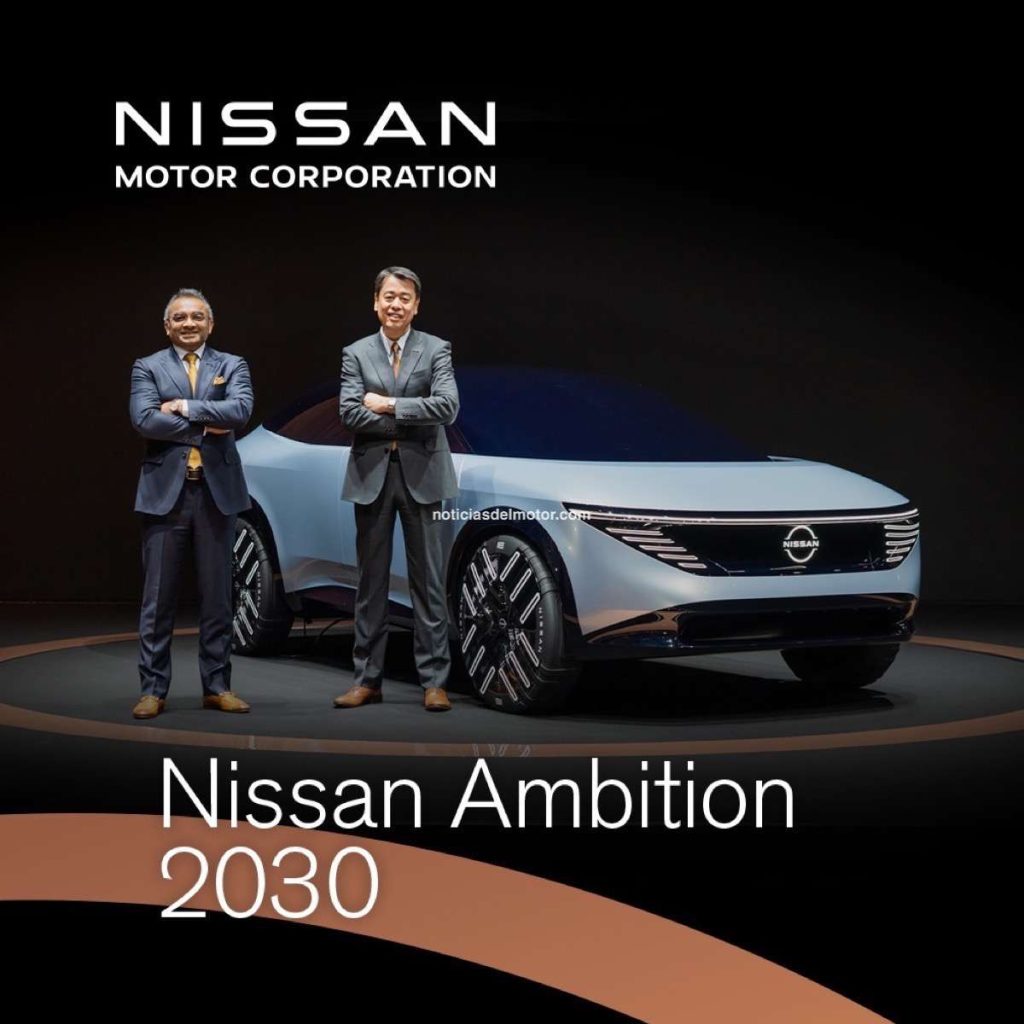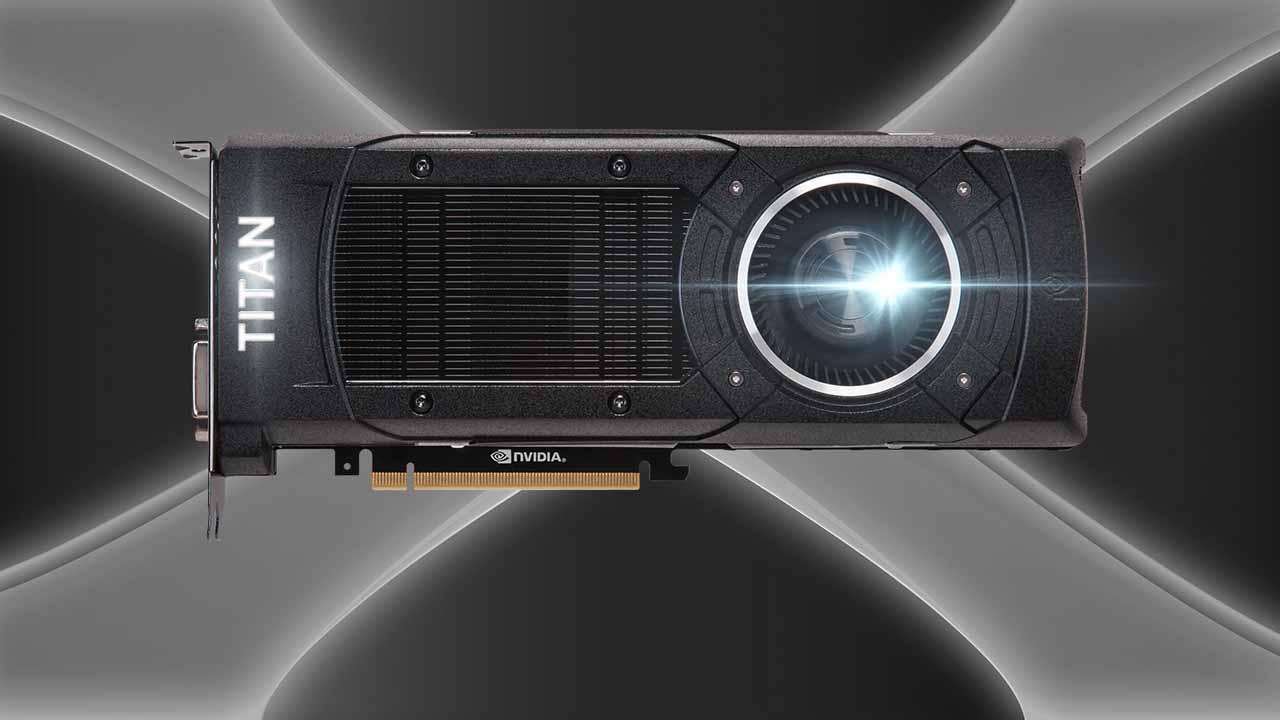April 2030 Ambition: Mobility Strategy

Nissan unveils Ambition 2030, its vision to enable mobility and beyond
Electrification is at the heart of the long-term strategy, upon which new vehicle supplies and new mobility technologies for society will be built.
- Accelerate electrification plans with an investment of 2 trillion yen over the next five years
- Launching 23 new electric models, including 15 new electric vehicles, with the goal of achieving 50% of global electricity supply by fiscal year 2030.
- Introducing ASSB (Solid State Batteries) during FY 2028
Nissan Motor Co., Ltd. today unveiled Nissan Ambition 2030, the company’s new long-term vision for enabling mobility. Aiming to respond to the critical needs of the environment, society and customers, Nissan aims to become a sustainable company and lead a cleaner, safer and more inclusive world. With this vision, Nissan wants to add strategic value by enhancing mobility based on safe and exciting experiences that integrate more with customer needs, and through collaboration, empowering society to build an intelligent ecosystem with mobility integration.
Over the next ten years, Nissan will introduce electrified vehicles and technological innovations while expanding its operations globally. This vision supports Nissan’s goal of achieving carbon neutrality across the entire lifecycle of its products by fiscal year 2050.
Nissan CEO, Makoto Uchida, declared: “The role of businesses in responding to the needs of society is becoming increasingly important. With Nissan Ambition 2030, we will usher in a new era of electrification, develop technologies to reduce our carbon footprint, and pursue new business opportunities. We want to transform Nissan into a sustainable company that is truly essential for customers and society.”.
Accelerate electric mobility with diverse experiences
As a leader in electric vehicles (EV), Nissan has democratized electric vehicles and invested in creating charging and energy management infrastructure. By placing electrification at the heart of the company’s long-term strategy, Nissan Ambition 2030, the company aims to accelerate the electrification of its vehicle range and the pace of technology innovation with investments of up to 2 trillion yen over the next five years.
Based on customer demand for a variety of exciting vehicles, Nissan will introduce 23 new electrified models, including 15 new electric vehicles, as the 2030 fiscal year approaches, with the goal of achieving an electrification rate of more than 50% of global vehicle supply. Nissan and Infiniti brands.
With the introduction of 23 new electric vehicles and models with e-POWER technology over the next five years, Nissan aims to increase sales of electrified models in key markets for fiscal year 2026, including:
- · In Europe more than 75% of sales.
- In Japan more than 55% of sales.
- In China, more than 40% of sales
- In the United States, more than 40% of sales of electrified models are for fiscal year 2030.
“We are proud of our long history of innovation and our role in the electric vehicle revolution. With our newfound ambition, we continue to lead the acceleration of natural change towards electric vehicles, generating customer appeal through a proposal that excites the way they drive, creating a cleaner world », has announced Ashwani Gupta, chief operating officer of Nissan.
Nissan today also revealed three new prototypes that deliver enhanced driving experiences through an advanced technology package and represent the next stage in the company’s electric future. These prototypes demonstrate the exciting possibilities that Nissan is striving to offer in a wide range of new vehicles and advanced ecosystems.
Increased accessibility and innovation in mobility
Nissan’s ambition is to support greater access to safe and exciting mobility. Moving forward, Nissan will continue to advance its lithium-ion battery technologies and introduce cobalt-free technology to reduce cost by 65% as the 2028 fiscal year approaches.
Nissan will launch the electric vehicle with its own solid-state batteries (ASSB) for the 2028 fiscal year and is preparing a pilot plant for this type of technology in Yokohama during the 2024 fiscal year. With the introduction of innovative ASSB technology, Nissan will be able to expand its electric vehicle offerings across All segments provide a more dynamic performance. By reducing charging time by a third, ASSBs will make electric vehicles more efficient and accessible. In addition, Nissan expects ASSB technology to bring the cost of battery packs down to $75 per kilowatt-hour during fiscal year 2028 and aims to bring it down to $65 per kilowatt-hour to achieve cost parity between electric vehicles and gasoline in the future.
Nissan intends to establish a global battery supply system to meet growing customer demand for electric vehicles and to support the growing number of electric vehicles in use. Nissan, in cooperation with its partners, aims to increase its global battery capacity to 52 GWh in FY 2026, and up to 130 GWh in FY 2030.
With the Nissan Ambition 2030, the company also intends to expand its mobility benefits by offering advanced and intelligent driver assistance technologies to more customers. Nissan will also continue to work on creating new mobility services.
Nissan wants to introduce ProPILOT technology to more than 2.5 million Nissan and Infiniti vehicles by fiscal year 2026. The company will also continue to develop its own autonomous vehicle technologies, with the goal of integrating next-generation lidar systems into nearly every vehicle. fiscal year 2030.
To meet the different transportation needs of different countries, Nissan will cooperate with the most appropriate partners to realize new mobility services that enable more efficient urban mobility, as well as more sustainable mobility in rural areas.
The global mobility ecosystem and beyond
In addition to technological improvement, Nissan will work on manufacturing processes to make electric vehicles more competitive. Nissan will expand its unique EV Hub concept, the EV36Zero, recently introduced by the brand in the UK, to key global markets, including Japan, China and the United States. EV36Zero is an integrated manufacturing and service system that connects mobility and energy management with the goal of achieving carbon neutrality.
Ensuring car batteries remain sustainable will also remain a priority for Nissan, thanks to its decade of experience of reusing and recycling with 4R Energy. The company intends to expand its battery regeneration facilities outside of Japan with new locations in Europe during fiscal year 2022, and in the United States during fiscal year 2025. Nissan’s reconditioning infrastructure will support the circular economy of energy management, and the company intends to commercialize its all-in-one vehicle systems and batteries households by mid-2020. In addition, the company will invest up to 20 trillion yen by 2026 in charging infrastructure.
As the pace of mobility innovation increases, Nissan intends to employ more than 3,000 research and development employees globally, while continuing to develop the skills of its existing workforce. The company will also benefit from the alliance’s collaboration to achieve cost savings and share experiences in areas such as carbon-neutral technologies, electricity, software and services.
Combined with Nissan NEXT’s turnaround plan, the company will maintain its long-term business with a consolidated operating profit margin above 5%.


“Pop culture advocate. Troublemaker. Friendly student. Proud problem solver.”






:quality(70)/cloudfront-us-east-1.images.arcpublishing.com/metroworldnews/KAMPU362RJDWBEEJAHCQQIMWEE.jpg)



